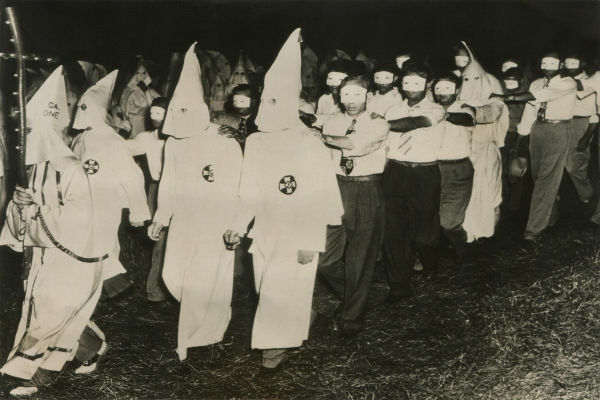In a brief definition of morals, we can say that it is a set of values, norms and notions of what is right or wrong, prohibited and allowed, within a given society, of a culture. As we know, the positive practices of a moral code are important for us to live in society, a fact that increasingly strengthens the cohesion of the bonds that guarantee social solidarity. Otherwise, we would have a situation of chaos, a struggle of everyone against everyone to fulfill our wishes.
Thus, morality has to do with the values that govern human action as part of social coexistence, thus having a normative character. Morality concerns a collective conscience and values that are constructed by conventions, which are formulated by a social conscience, which is to say that they are rules sanctioned by society, by the group. According to Émile Durkheim, one of the thinkers responsible for the origin of sociology in the late nineteenth century, social conscience is the result of the collectivity, the sum and interrelation of the various consciences individual.
Thus, the most different cultural expressions have different moral systems for organizing life in society. Proof of this is in the differences that exist between aspects of Western and Eastern culture, in general terms. It is enough to assess the social role assumed by women when comparing Brazilian and Afghan women, thus as that assumed by the elderly in the most different societies, the taste or disinterest in politics. We must always keep in mind that morality, as it is the result of the collective conscience of a given society and culture, can vary through the dynamics of time.
When we start from the idea that morality is culturally constructed, some “worldviews” gain the status of truth among social groups and, therefore, are often “naturalized”. This naturalization of a cultural view is what makes it difficult for us to distinguish between judgment of fact (impartial analysis) and value judgment (fruit of subjectivity), which can be a trap that leads to the development of prejudices in relation to what is strange and different to us.
Considering the other or the neighbor is a fundamental aspect of morality. Thus, a constant concern in the debate on ethics and morals is to avoid violence in all its possible expressions (physical or psychic), as well as social chaos. Ethical (or moral) values are offered, therefore, as an expression and guarantee of our condition as human beings or subjects rational and free agents, morally prohibiting violence and favoring social cohesion, that is, the "bond" between people in society. However, considering that the moral code is constituted by culture, violence is not seen in the same way by all cultures. In a culture, by defining what is bad or violent, you automatically define what is good. Therefore, the notion of violation, profanity and discrimination varies from one culture to another. However, in all of them there is a notion of what violence is.
Do not stop now... There's more after the advertising ;)
Thus, both values and the idea of virtue are fundamental to ethical life and, in this way, they avoid violence, immoral or unethical acts. Being virtuous, in general terms, means desiring and knowing how to put into practice ethical actions, that is, morally praiseworthy ones. The notion of good and bad or good and bad is fundamental for us to calculate a way to escape suffering, pain, achieving happiness in a virtuous way.
However, it is important to remember that ethical ends require ethical means, which leads us to deduce that the famous expression “all ends justify the means” is not valid when seeking to be virtuous. If in our moral code we consider stealing to be immoral, then stealing would be an unjustifiable means of achieving anything, even if it was done in the name of some moral value. The mere existence of morality does not mean the explicit presence of an ethics, understood as moral philosophy, that is, a reflection that discusses, problematizes and interprets the meaning of values morals. On the contrary, societies tend to naturalize their moral values across generations, that is, there is widespread acceptance.
Paulo Silvino Ribeiro
Brazil School Collaborator
Bachelor in Social Sciences from UNICAMP - State University of Campinas
Master in Sociology from UNESP - São Paulo State University "Júlio de Mesquita Filho"
Doctoral Student in Sociology at UNICAMP - State University of Campinas

